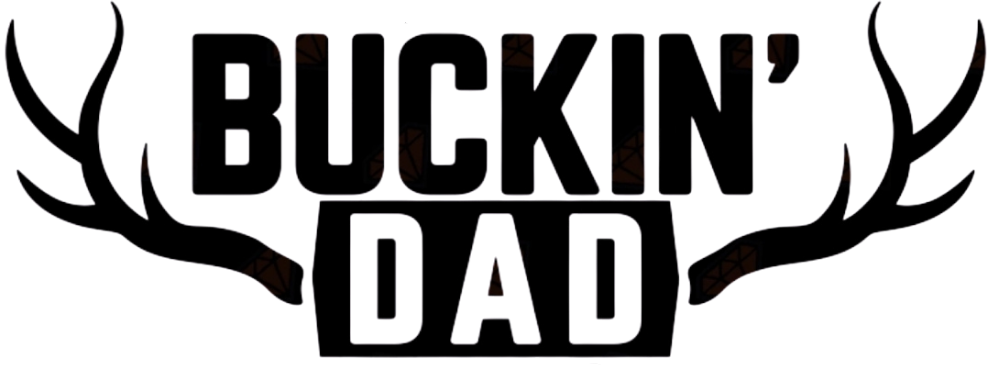Understanding the best times to hunt is essential for maximizing your chances of success. Whether you're hunting deer, wild boar, or turkey, each species has its peak activity times, and knowing when to hunt can make all the difference. This guide breaks down the ideal hunting seasons and times of day for each animal, giving you the edge you need to make your next hunt a success.

🦌 1. Deer Hunting: The Autumn Advantage
Best Season: Fall (October - December)
Deer are most active in the fall, especially during the rutting season (mating season), which typically happens in mid-November. This is when bucks are most active, moving around to find mates, making them easier to track.
-
Best Time of Day:
-
Dawn and Dusk are prime times for deer activity.
-
They tend to feed early in the morning and just before nightfall.
-
Pro Tip: Focus on food sources like acorn-rich oak trees or agricultural fields where deer are likely to forage.
🐗 2. Wild Boar Hunting: Year-Round, But the Best Time is Winter
Best Season: Winter (December - February)
Wild boars are active year-round, but the cold winter months are ideal for hunting. Their activity increases during colder weather as they forage to store fat for the season. They also tend to move more frequently in winter, making it easier to track them.
-
Best Time of Day:
-
Nighttime: Wild boar are nocturnal, so they are more active during the night or just before dawn.
-
If hunting during the day, focus on early mornings or late evenings when they are more likely to be near food sources.
-
Pro Tip: Boars are particularly drawn to water sources, especially during winter when other sources of food are scarce.
🦃 3. Turkey Hunting: Spring is Prime Time
Best Season: Spring (April - May)
Spring is the best time for hunting turkeys, especially during the breeding season. Male turkeys (Toms) are most active during this time, looking to mate and therefore more likely to respond to calls and decoys.
-
Best Time of Day:
-
Early Morning: Turkeys are most active in the morning when they first wake up. Early risers have the best chance to spot them as they leave their roost.
-
Late Afternoon: Turkeys also become active again around late afternoon when they head back to their roosting sites.
-
Pro Tip: Use turkey calls to attract Toms, as their competitive mating behavior makes them more likely to respond to other turkeys’ sounds.
🌦️ Weather Considerations: The Influence of Weather on Hunting
-
Deer: Deer tend to move more in overcast weather, as they feel safer when it's darker. Rainy days can also be productive, as deer are often more active during light rain. However, windy days can be challenging, as deer have heightened senses and may avoid moving in heavy winds.
-
Wild Boar: Wild boars tend to be less affected by weather and are more active during cooler temperatures. However, they do not like heavy snow and will seek shelter, making winter hunting tricky if there’s too much snow.
-
Turkey: Turkeys are generally more active during mild weather. Warm, sunny days will often bring turkeys out in the early morning. However, extreme cold or heat can cause turkeys to become lethargic, making them less likely to be active.
🔑 General Tips for Hunting Success
-
Scout Early: Understanding the seasonal patterns of each animal is key. Scout your hunting area ahead of time to understand where animals are feeding, drinking, and resting.
-
Use Proper Gear: Ensure you have the right camouflage for the season and terrain. During fall, earthy tones work best, while winter camouflage should be snow-friendly.
-
Be Patient: Regardless of the season, patience is essential. Whether you're sitting in a blind for hours or tracking through the forest, patience can lead to success.
🏹 Final Thoughts
Knowing the best time to hunt is a game-changer. Whether you're targeting deer, wild boar, or turkey, understanding the seasonal patterns and behavior of your prey will make your hunt more successful. Planning your hunt around these peak times will give you an advantage, so get ready to head out and make the most of the season.






